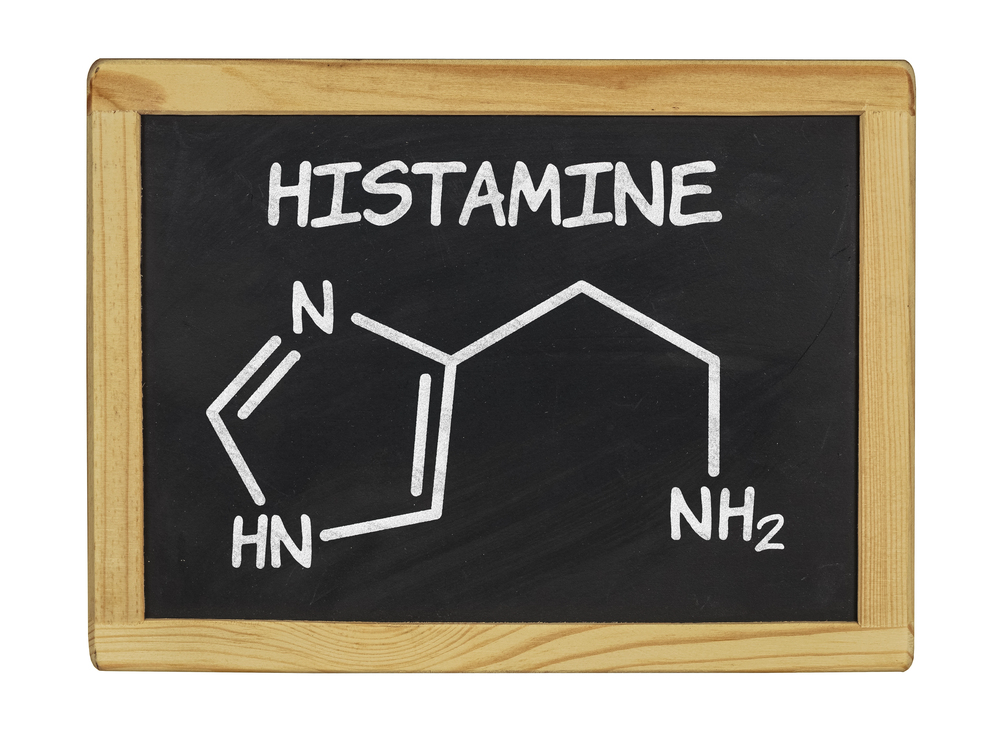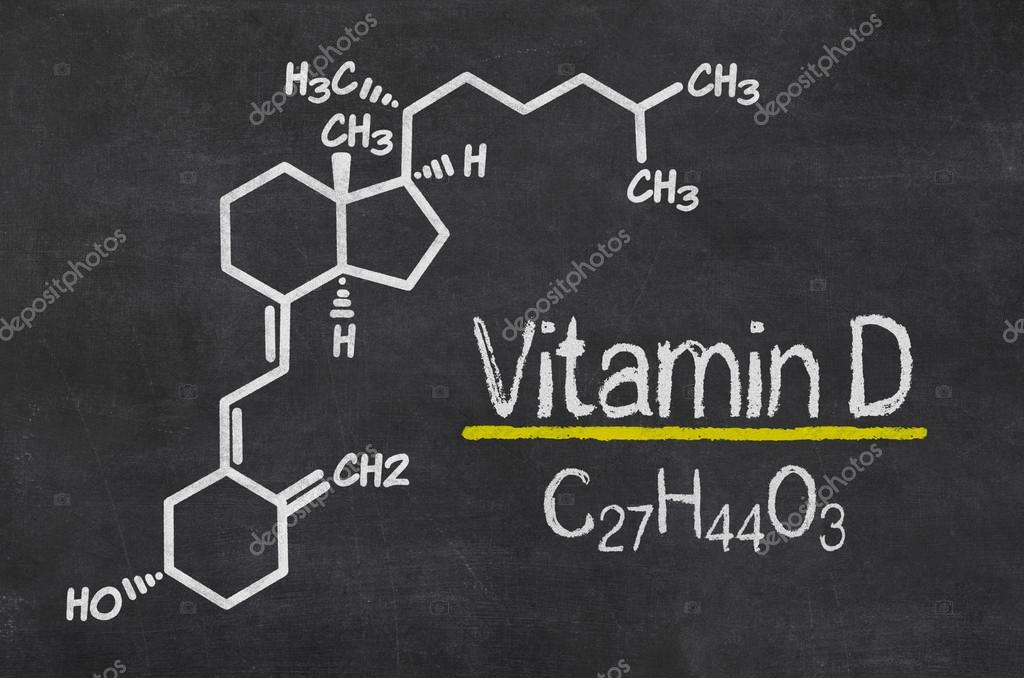
The following is a summary of key facts to know about histamine. In short form so you don’t need to read whole articles or books.
Histamine Receptors
There are 4 histamine receptors. For this reason histamine can cause a very wide range of different symptoms.
- H1 – Allergy (vasodilatation). Causes traditionally allergy symptoms.
- H2 – Gastric (HCL release). Causes digestive symptoms such as gastric reflux.
- H3 – Neurological (brain). Causes fatigue and brain related symptoms.
- H4 – Immune (bone marrow and WBC).
Symptoms that may be related to elevated histamine:
- Migraines and Headeaches. Including trigeminal neuralgia
- Mental symptoms due to neuroinflammation: ADHD, depression, anxiety.
- Irritable bowel and acid reflux
- Poor sleep, insomnia, waking up 3- 4 AM as histamine increases wakefullness
- Restless leg syndrome
- Hormonal conditions related to elevated estrogen.
- Asthma
- Bladder and prostate symptoms
Histamine Degradation
Histamine is degraded by these two pathways:
- DAO
- HNMT
Causes Of Low DAO
Digestive System Inflammation
Inflammation in the digestive system and increased permeability ("Leaky Gut") is thought to impair release of DAO, and increase histamine. So long term treatment should be focused on restoring digestive health, rather than just avoiding histamine food and taking anti-histamine medications or supplements.
Genetics
- rs10156191. C/T or T/T reduces DAO.
- rs2052129 T/T is associated with histamine and migraine.
- rs1049748
- rs1049793 C/G 35% reduced DAO. G/G 50% reduced DAO.
- rs2071514.
Medications That Lower DAO
- Proton Pump Inhibitors.Often Omeprazole.
- NSAID such as aspirin and ibuprophen.
- Tagamet and Pepcid. H2 blockers.
- Antidepressants such as Cymbalta, Effexor, Prozac.
- Immune modulators such as Humira, Plaqenil.
- Hypertension medication such as Propanolol.
- Amitriptyline.
Side effects of whatever medication someone is on should be checked.
Toxins That Lower DAO, and thus increase histamine
Foods High In Amines Low DAO
Low HNMT
HNMT or Histamine N-mehtyltransferase is an enzyme which break down histamine. Less HNMT enzyme activity is associated with elevated histamine
Lower HNMT activity is associated with the following:
- ADHD and hyperactivity due to food additives
- Asthma
- Eczema
- Migraines
- Poor cognition
Genetics which lower HNMT activity
- rs105089 (G/G typical – lower risk of hyperactivity in ADHD due to food additives. A/G and A/A reduced brakdown of histamine)
- rs11558538 (T/T reduced HNM activity, higher histamine, increased risk asthma. C/T increased risk asthma. C/C typical)
- rs2071048 (T/T increased risk asthma (and higher histamine) common variant. C/T and C/C typical athma risk)
Drugs that impair HNMT include:
- Chloroquine
- Amodiaquine
- Tacrine
- Etoprine
- Metoprine
- Quinacrine
- Dimaprit
Methylation, Genetics and low HNMT
The follwoing genetic may cause poor methylation and thus raise histamine
- rs1801133 (G/G typical, A/G is one copy of MTHFR C677T and lowers MTHFR by 40%, A/A or two copies lowers MTHFR C677T by 70-80%)
- rs1801131 (T/T typical, G/T is one ocpy of MTHFR A1298C slight less MTHFR, G/G two copies MTHFR A1298C – decreased enzyme by 20%)
HNMT enzyme breaks down histamine through methylation. This requires folate which is used in the production of S-adenosylmethionine (SAMe). Therefore, insufficient histamine can slow down HNMT activity and thus contribute to elevated histamine.
Foods, Probiotics and Histamine
Not all probiotics are the same with regards to histamine. Some may help. Others can actually make histamine reactions worse.
Probiotics which may increase histamine
No list is all comprehensive, as different sources vary. Additionally, not everyone will react the same to all probiotics. These are some probiotics which may make histamine worse for some people:
- Lactobacillus casei
- Lactobacillus reuteri - note all L. reuteri supplements are equal or the same strain
- Streptococcus thermophilus
Sources differ about Lactobacillus plantarum and Lactobacillus bulgaricus. Some suggest it is helpful, others that it is harmful.
Foods and Probiotics associated with lowering histamine
- Bifidobacterium infantis - many sources list. Often only available as a children's probiotic.
- Bifidobacterium longum
- Lactobacillus rhamnosus
- Lactobacillus plantarum
- Saccharomyces boulardii
- Lactobacillus reteri - may be strain specific
- Lactobacillus gasseri
- Bifidobacterium breve
- Lactobacilus salivarius
- Bifidobacterium lactis
- Lactobacillus casei - may be strain specific
Specific products
Specific products which are commonly used for histamine
- Allergy Research Group Aller-Aid L92 - Consider high dose for seasonal allergies
- Allergy Research Group GI Flora
- Allergy Research Group Lactobacillus
- Vitanica Flora Symmetry
- Seeking Health ProBiota HistaminX
Foods that make histamine reactions better or worse
Yogurt
Most store bought yogurts have additives which give it a specific taste and texture. For a yogurt to be consumed as a medicinal food it needs to be made from the right type of bacteria, and fermented in the right way. Otherwise the amount of living probiotics may be very low, if not negligible. Therefore most yogurt can not be assumed to be very helpful, if at all.
Homemade yogurts fermented at 36 - 48 can be very strong medicinal foods. See the numerous youtube videos on Supergut Yogurt.
Sourkraut
Sourkraut is a fermented food, which is often high in histamine. Therefore it is not recommended for this purpose.
Foods commonly high in histamine
- Leftovers
- Meat that not eaten right after cooking
- Seafood - best if frozen at sea
- BBQ or smoked meats
- Crock pot or slowly cooked foods
Pea sprouts and other foods that lower histamine
Pea sprouts are high in DAO so can be added to the died to lower histamine.
Other foods high in DAO
- Kidney Beans
- Fatty fish such as salmon or sardines - important for it to be fresh
- Olive oil
- Pineapple - high in the enzyme bromelain
Supplements For Histamine
Not all supplements will help everyone. Treatment plans need to be individualized.
- Perilla
- DAO
- Copper
- Vitamin B5 - often in form of P5P
- Vitamin C
- Luteolin
- Quercetin- caution in people with slow COMT
- Baicalin - from Skullcap - can take 30 minutes before a meal
- Quail Egg - AllClear supplement from Integrative Therapeutics
- SPM for mast cells
- Vitamin D
- Cordyceps
- Resveratrol
- Chicoric acid in eachinacea and chicory
- EGCG from green tea - caution, makes some people worse
- PEA - may help mood shifts and cognitive symptoms related to histamine
- Curcumin
- Saffron
- Tulsi
- Vitamin B2 (riboflavin) for itching
- Homeopathic nosodes
How to put together a plan for someone with elevated histamine?
All the lists of foods to avoid for histamine, supplement and probiotics to take can be helpful. However, no two people are the same. What works for one person, may not work for all. Just taking supplement or making dietary changes because it is supposed to be good for histamine is not a very individualized approach. The purpose is going to a practitioner is not to learn what is good "for histamine." Rather, to help figure out what you specifically need to do.
Why you can't just use the same anti-histamine protocol for everyone
Histamine is just one inflammatory mediator. Other triggers of allergies and inflammation that work in conjunction with histamine include:
- Mast cells
- Eosinophils
- IgG, IgA and IgE antibodies
- This is not a complete list
Additionally, very sensitive people may react to almost anything. This is all supplements and even water.

Vitamin D
Most people have low vitamin D. Target range where people often feel best is 60-80 of 25-hydroxyvitamin D on blood test. Vitamin D works best with low dose of B vitamins (see work or Dr. Grominak). Take baseline vitamin D test and then supplement until reach target range on follow up blood test. Do not just take a random dose of vitamin D and assume you are getting enough. People can easily over dose, or under dose. Vitamin D also works much better with co-factors.
Vitamin D and B vitamins may work synergistically to feed healthy gut flora and thus offer a more permanent solution for people with choricra digestive issues.
Histamine Detoxificaiton pathways
There are numerous ways the body can detoxify histamine. This allows for specific supplementation to enhance clearance.
- Histamine is converted with help of vitamin B1 to histadine (histadine decarboxylase enzyme).
- Degraded via DAO enzyme. Uses nutrients vitamin B6, Magnesium, Copper.
- Histamine is converted with help of vitamin B5 (pantothenic acid) to acetyl histamine (N-acetyltransferase)
- Methyl histamine and histamine aldehydge pathway. This is a more complex, multi-step pathway. The important thing to to know is that more toxic forms of histamine are made mid-way through this pathway. If the body can not clear it, people will get worse from taking supplements.
- Histamine is degraded with the help of folate and vitamin B12 to methyl histamine (histamine methyltransferase).
- Methyl histamine is degraded with the help of magnesium, B6 and vitamin to to Histamine aldehyde (MAO). If histamine aldehydge is not cleared, symptoms will get worse.
- Histamine aldehyde is cleared with the help of vitamins B1, and B3 (aldehyde dehydrogenase).
Heal The Digestive System
There are too many special diets and supplement promoted to fix the digestive system to list. There is no one sized fit's all answer. Often people take random supplements for "Leaky Gut". Digestive System supplements have their place. But should he used with appropriate diet and supplements targeting histamine.
Working with a practitioner
Anyone can do an online search for supplements or diets to treat histamine. The purpose of seeing a practitioner is for helping making a plan specific to your needs. Everyone is different. So the same histamine protocol will not help everyone. If it did, there would be no reason to see a practitioner. In the office I combine case history, with kinesiology muscle testing and other non invasive methodes to form an individualized and holistic assessment for each person. Functional labs tests may be used in some cases. This includes stool tests, candida antibodies, hair analysis, organic acids, hormones and other tests for environmental toxicity.